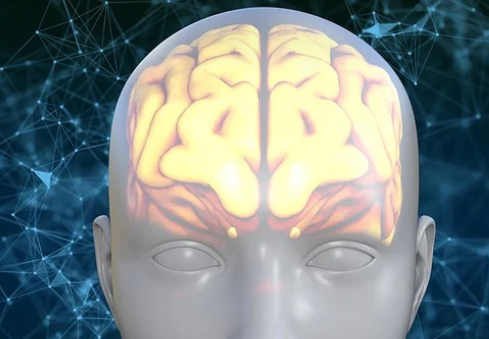
(Photo : pixabay.com)
Memory Storage Beyond the Brain: A Groundbreaking Discovery
- Dr. Michael Meaney's research reveals how early-life experiences biologically impact long-term health and brain health.
- Professor Raz Yirmiya's work provides insights into the relationship between inflammation and depression.
- Dr. Natalia Acosta-Baena's study identifies a novel genetic syndrome influencing brain development and degeneration.
- Dr. Ana Cristina Andreazza's research connects cellular energy production and mental health, revolutionizing our understanding.
In a groundbreaking revelation, a team of researchers led by renowned neuroscientist Dr. Michael Meaney from McGill University in Canada has provided crucial insights into how early-life experiences become biologically embedded, affecting long-term health outcomes by reshaping our genes and brain health.
The research, published in the journal Genomic Psychiatry, has shed light on the intricate relationship between genes and environment in shaping brain health.
Dr. Meaney's research journey began with a simple question: what makes individuals different from one another? This curiosity led him to groundbreaking discoveries in epigenetics -- the study of how environmental factors can influence gene expression without changing DNA sequences. His work has earned him election to the American Academy of Arts and Sciences and the Order of Canada.
The findings raise intriguing questions about how society might better support child development: How can we translate these scientific insights into practical interventions? What role do different types of early experiences play in shaping resilience?
Inflammation and Depression: A New Perspective
In a related development, researchers have unveiled transformative insights into the relationship between inflammation and depression, a finding that can fundamentally change our understanding of depression's biological underpinnings. The research by neuroscientist Professor Raz Yirmiya from Hebrew University of Jerusalem extends far beyond the laboratory.
His discoveries about the role of microglia cells and interleukin-1 in stress-induced depression raise intriguing questions about therapeutic interventions: How might understanding inflammatory processes lead to more targeted treatments? What role do different types of immune responses play in various forms of depression?
In another study, Dr. Natalia Acosta-Baena has identified a novel genetic syndrome that reshapes our understanding of brain disorders. Her research reveals how a single gene involved in neuronal transport can influence both brain development and degeneration.
Revolutionizing Addiction Treatment and Mental Health
In the field of addiction neuroscience, Dr. Kalivas, Distinguished University Professor at the Medical University of South Carolina, has transformed our understanding through his pioneering work on the tetrapartite synapse - a complex cellular structure that includes neurons, astroglia, and the extracellular matrix. His research has revolutionized how we conceptualize addiction treatment by identifying novel therapeutic targets beyond traditional neurotransmitter systems.
In the realm of mental health, Dr. Ana Cristina Andreazza's journey exemplifies the power of personal motivation in driving scientific innovation. As founder and Scientific Director of the Mitochondrial Innovation Initiative (Mito2i), Dr. Andreazza is revolutionizing our understanding of the connection between cellular energy production and mental health.
These recent breakthroughs in neuroscience and mental health research have provided crucial insights into how early-life experiences, inflammation, genetic syndromes, addiction, and cellular energy production can influence our brain health and mental well-being.
These findings not only enhance our understanding of the complex interplay between genes and environment but also pave the way for the development of more targeted and effective interventions for various mental health disorders. The research underscores the importance of a multi-disciplinary approach in understanding and addressing mental health issues, highlighting the need for continued exploration and innovation in this field.









